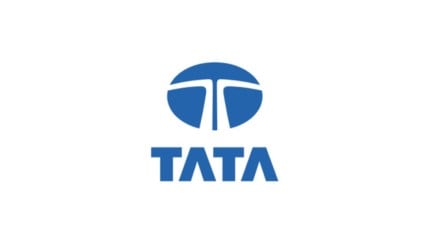By Nesil Staney
Tata Sons, the holding company of the Tata Group, is confident of being allowed by the Reserve Bank of India to deregister as NBFC-UL (upper layer), said top investment bankers close to the group.As per guidelines of the Reserve Bank of India (RBI) issued on September 2022, unlisted NBFC-UL has to launch IPO if RBI does not approve deregistration plea or grants exemption.
Of the 15 finance companies included in the NBFC-UL, only Tata Sons, Tata Capital and HDB Finance are now in the unlisted space. Both Tata Capital and HDB Finance are preparing their floats. HDB is 95% owned by HDFC Bank.
“We participated in a valuation exercise for Tata Sons, on their invitation several years ago, along with few other investment banks. It was exploratory. Now, they are not working on an IPO scenario nor are they consulting any investment banks. They are confident of deregistering as NBFC-UL,” said a senior investment banker.
The RBI is currently examining the company’s proposal to deregister itself as a core investment category NBFC.
Tata Trusts, India’s oldest and one of the biggest philanthropic organization, own majority stake (66%) in Tata Sons. The Shapoorji Pallonji Group (SP) owns a 18.4% minority stake. Media reports said the latter which has a contentious relationship, is pushing for IPO, arguing it would benefit all stakeholders. SP Group is besieged with debt obligations. It recently raised more than $3 billion funding, mostly from foreign hedge funds, through debentures at near 20% interest rate. If SP Group legally challenges Tata Sons’ efforts to avoid listing, it may trigger litigations similar to past disputes between Tata and Mistry.
As defence against any such litigations, the Tata Trusts had amended the articles of its association to incorporate strong veto rights, said a senior corporate lawyer.
Tata Sons may prioritise deleveraging, independent financing for group companies and restructuring as part of its efforts to deregister. This will give greater autonomy to group companies and a vast shift in how Tata Sons allocate capital across the conglomerate. It may also transfer holdings such as in Tata Capital to another group entity.
An IPO would make Tata Sons one of the largest in Indian markets, with analysts quoting over $200 billion valuations.
In a situation where Tata Sons cannot deregister or float, the RBI may impose financial penalties or operational restrictions. It might also impact Tata Sons’ ability to function as a core investment company (CIC), said another top banker. He added that from equity markets perspective, avoiding IPO after three years of RBI guidelines may be perceived as a rare case of Tatas evading transparency norms.
NBFC-UL, part of scale-based regulation (SBR) framework, were introduced to mitigate systemic risk. These NBFCs are subject to enhanced regulatory glare for five years even if they don’t meet the criteria in subsequent years. RBI identified NBFC-UL through a parametric analysis. Among the NBFC-UL, Indiabulls Housing Finance had listed in 2013 and PNB Housing Finance in 2016. Piramal Capital more recently opted for a reverse merger, while Aditya Birla Finance merged with its listed parent Aditya Birla Capital.
